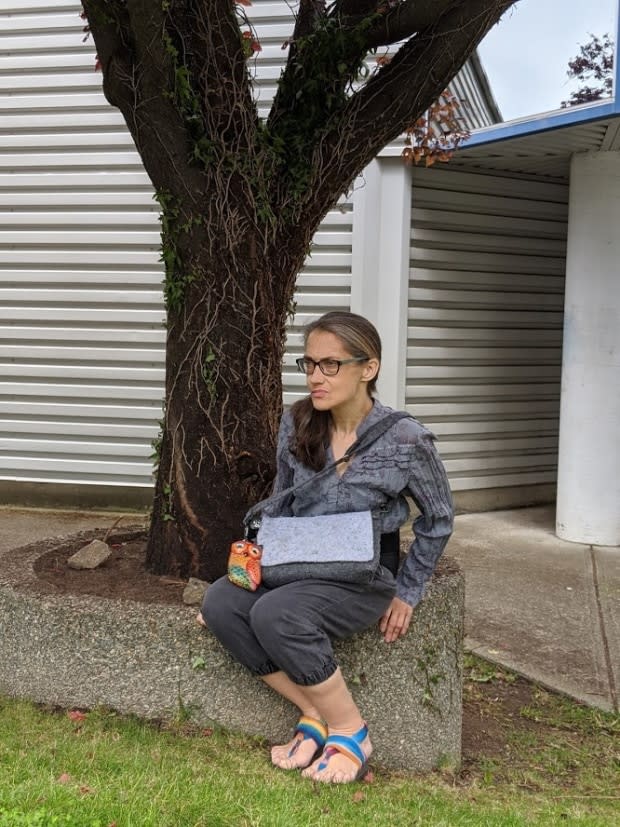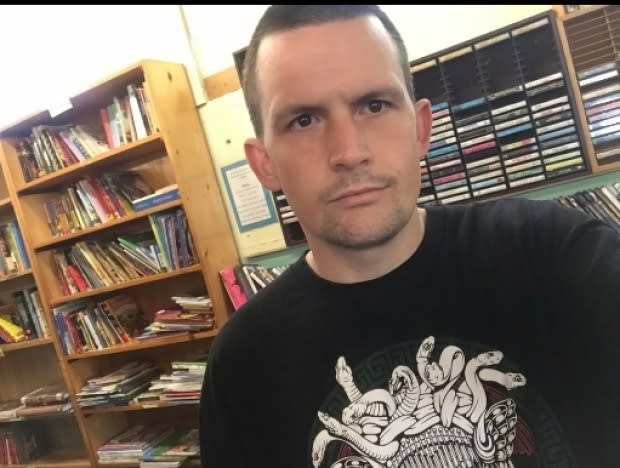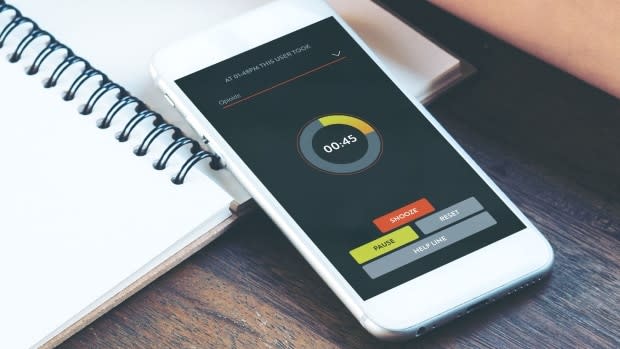Vancouver Island hit hard by drug overdose crisis
Victoria resident Fiona Howlett works at an overdose prevention site run by AIDS Vancouver Island and says she knows the job intimately as a drug user since her teenage years.
"I've struggled with addiction since I was 14. Curiosity, depression, isolation, joy, rebellion. Just so many reasons why I got involved," says Howlett, originally from the Maritimes, but who has been on the move for years.
Howlett is just one of the many drug users in the Island Health authority which recorded the third highest rate of overdose deaths in the province this year at 27 per 100,000 people.

Overdose deaths in Vancouver Island
That's according to B.C. Coroners Service's latest report which also recorded 170 illicit drug toxicity deaths in May, the highest number ever recorded in the province in a single month.
David Clarke grew up in Cumberland in the Comox Valley which is part of the Northern Vancouver Island health services delivery area where the overdose death rate is 21.6 per 100,000 persons this year.
Clarke has lived in both small towns and big cities and says he's noticed the difference in how illicit drugs are used.
"In a small town you don't really see people using it [drugs] on the street. It's definitely more hidden... It's not like Vancouver where ...clearly you can tell that they're high."
Challenge of staying sober
Clarke was once imprisoned and received several treatment and recovery programs provided by Guthrie House Therapeutic Community, which helps offenders with addictions at the Nanaimo Correctional Centre. He said the programs helped him, but admits he hasn't stayed away from drugs after completing the programs.
"[I'm] trying to deal with my trauma…[and] trying to mask the hurt. It [the trauma] just keeps coming back."
The Coroners Service's report indicates that less than one per cent of drug overdose deaths in B.C. occur in correctional facilities compared to 57 per cent of deaths that take place in people's homes.

Does Lifeguard app help?
In May, the B.C. government endorsed the Lifeguard smartphone app that aims to help drug users by connecting them with emergency services at the first sign of trouble. Users have to open the app before taking drugs. Fifty seconds later, they have to hit the button on the app in order to stop the alarm or the alarm grows louder.
If 75 seconds pass with no user response, the app alerts 911 dispatchers about a potential overdose. It does not notify police.
Kerry Waters has worked with several non-profits and government organizations in Nanaimo. She says it's not an effective tool for drug users and she thinks it's a waste of public money.
"We laugh about it. We joke about it and we call it a waste of time and a big financial joke."

Neil Lilley, senior provincial executive director of B.C. Emergency Health Services, said the Lifeguard app has been used more than 2,500 times and downloaded about 800 times. He said the app is just one of the many resources available to help drug users.
"We do encourage people obviously not to use it alone...This is a tool in the toolbox to assist people, it might not be for everybody."
Stigma of drug use
Equally as critical as overdose death is the social stigma attached to drug use. Howlett said anyone could be taking drugs, ranging from students to flight attendants.
"There's a lot of bad people who do manufacture drugs, but there's a lot of good people who partake of them."


